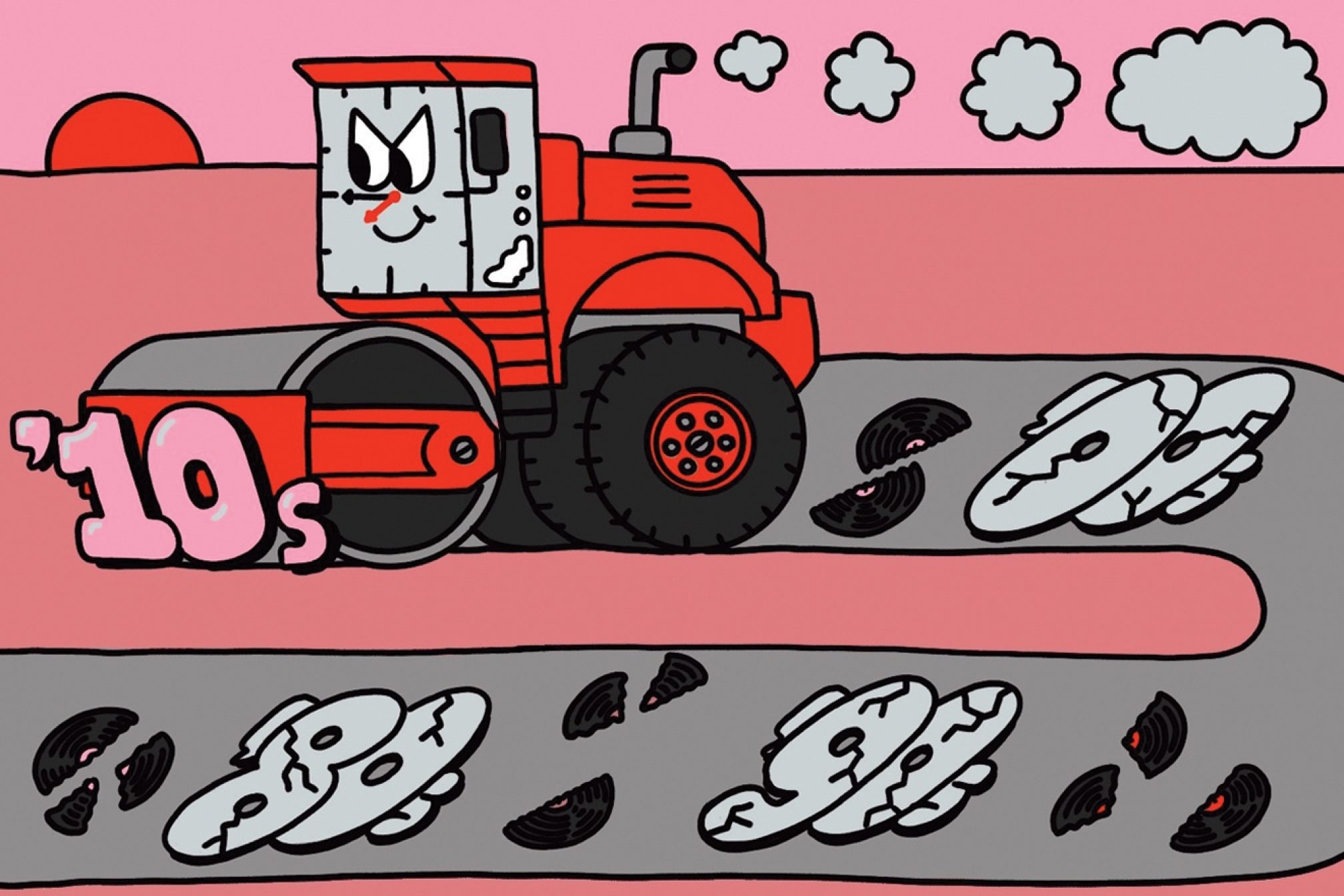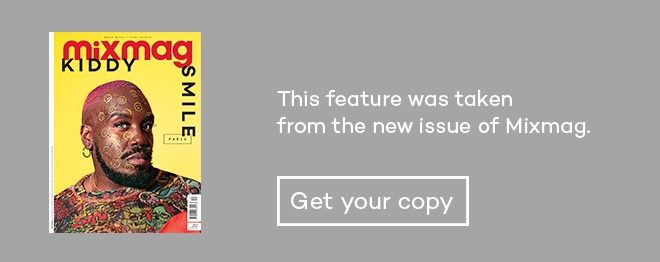 Features
Features
The Secret DJ: "Dance music is better than ever"
The Secret DJ surveys four decades in the biz
As 2020 gets underway, two things come to mind. Firstly, the way Antoine de Caunes, French co-presenter of late-night early-90s TV show Eurotrash, used to deliberately pronounce the word ‘decade’ as ‘dickhead’; and how silly the idea of decades is anyway. I’ve been a DJ for four dickheads now, even if 2000–2010 doesn’t feel like one. I’d like to make a point here about DJs claiming in bios that they’ve been ‘playing for 20 years’ when they are clearly not even 30 years old. The day someone pays you for your skills is the day you graduate. Sorry and all that. I don’t make the rules.
The 80s were a grim decade. But your perspective depends upon where you spent that time. Your loadsamoney Balearic silverbacks like to tell you the 80s were bare wicked and full of orbital raves, smileys, dungarees and bandanas, but the other 99 per cent of the United Kingdom was being ground under the heel of brutal new laws. What did stand out about the 80s was that things felt fresh, futuristic and unique. There was an energy that bleak governmental polices could not diminish. We fought, quite literally, for the right to party. I think it was at this point that I first encountered older people telling me I wasn’t authentic because they were doing it a year earlier. It’s something that continues to this day.
Read this next: Politics and dance music are intertwined and there's nothing you can do about it
It’s debatable whether we won the 80s. We defo won the 90s, though. The 90s were just silly. The incoming Labour government made for a nationwide party and it felt like anything was possible. If you want to imagine what the 90s was like just look at when EDM hit the US. We were fizzy, optimistic, completely off our tits and almost entirely devoid of seriousness. There was daft money everywhere for equally daft things. It was a daft decade, and not a moment passes where I wouldn’t go back there. Nice one bruvva.
Then came the millennium. Well, that was a hell of a party. Short, sweet – and the fulcrum on which everything suddenly tipped.
Things went weird, fast. The superclub era was over; their own greed did for them. The loopy wages being paid on the millennium (and we were seeing things like private jets for DJs for the first time) meant that the bubble burst. Promoters looked at the stupid money going out of the door to DJs, and simply started doing it themselves; hundreds of promoters who’d never DJd a day in their lives appointed themselves as residents, or, in some cases, their mates who were pretty good DJs started to get work for very low wages. DJ Giant Fatcat & Co still got paid, if they sold tickets, but there was a massive purge of mid-range DJs who, to be fair, probably did get paid over the odds without bringing enough people through the door. And then the scene was set for what we see today: cheap support, and the same big names as headliners, everywhere, all the time. Money talks.
Read this next: Unhealthy scene: How sky-high DJ fees are crippling dance music
During the next dickhead, the no-mans-land between 2000 and 2010, the landscape started to shift. A lot of those quite annoyed, newly unemployed mid-range DJs began to look for jobs behind the scenes, and we began to see a rise in very very serious people who took themselves very seriously frowning upon anyone having fun. The era of discos-as-artform really started to take shape. Personally, I had about as much fun as anyone else during the first half of this time, which wasn’t much. Thank god music started to get really good outside the minimal bubble, and what started as ‘electroclash’ morphed into basically ‘new music’ – plus there was the ‘nu rave’ blip that came along, full of colour, and kicked the arse out of all the boring.
Almost as quickly as things got interesting, they started to wilt and die off. Clubs were empty. The Tories were back with a vengeance, and everyone was skint. The grey men (always men, always grey as fuck) who keep trying to tell us that spangly discos are minimalist art galleries had their final victory in sight. People abandoned Ibiza and moved to Berlin, which is about the most telling aspect of this time. Articles started to appear asking if this was the end. Had our scene died off?
One thing illuminated this period very clearly for me. I was playing just before a very large legend on the former Space Terrace around this time of great flux. He was a hero to me. I was playing the kind of stuff the Terrace was not used to. Fresh, darker, current and more techno than the happiness, handclaps, flamenco guitars and bongos that was becoming, frankly, a bit of a cliché. The crowd went wild, which was a relief because what I was doing was risky. I turned to the legend to hand the roaring crowd over to him, pleased as punch, and he looked sour and despondent, like a man who’d lost a tenner and found a fiver. He turned and pointed to the last record that was still turning and said, “That shit is why I’m retiring”. I was devastated. The following years – and his subsequent retirement – proved that the change in sound would endure. No-one’s trousers are too big for the steamroller of time.
Read this next: A history of dance music in 50 photos
I never thought I would say this, but two things rode in and saved the day. The first was day-glo Americans who knew very little about anything; the second was very young Europeans who knew a lot because they were raised on it. Deep house, new techno and EDM saved us. From 2010 onwards there was a wave of youthful energy that washed over everything, cleaning out the old grey miseryguts types, and re-invigorating everything, everywhere. Thank god for them. I salute you all.
To think that this thing has been going so strong for so long is truly amazing – and it’s a great, great privilege to be part of it. Dance music is better than ever. Long may it reign.
Follow The Secret DJ on Twitter
Tiago Majuelos is an illustrator and animator, follow him on Instagram
Read this next: Get the best of Mixmag direct to your Facebook DMs



